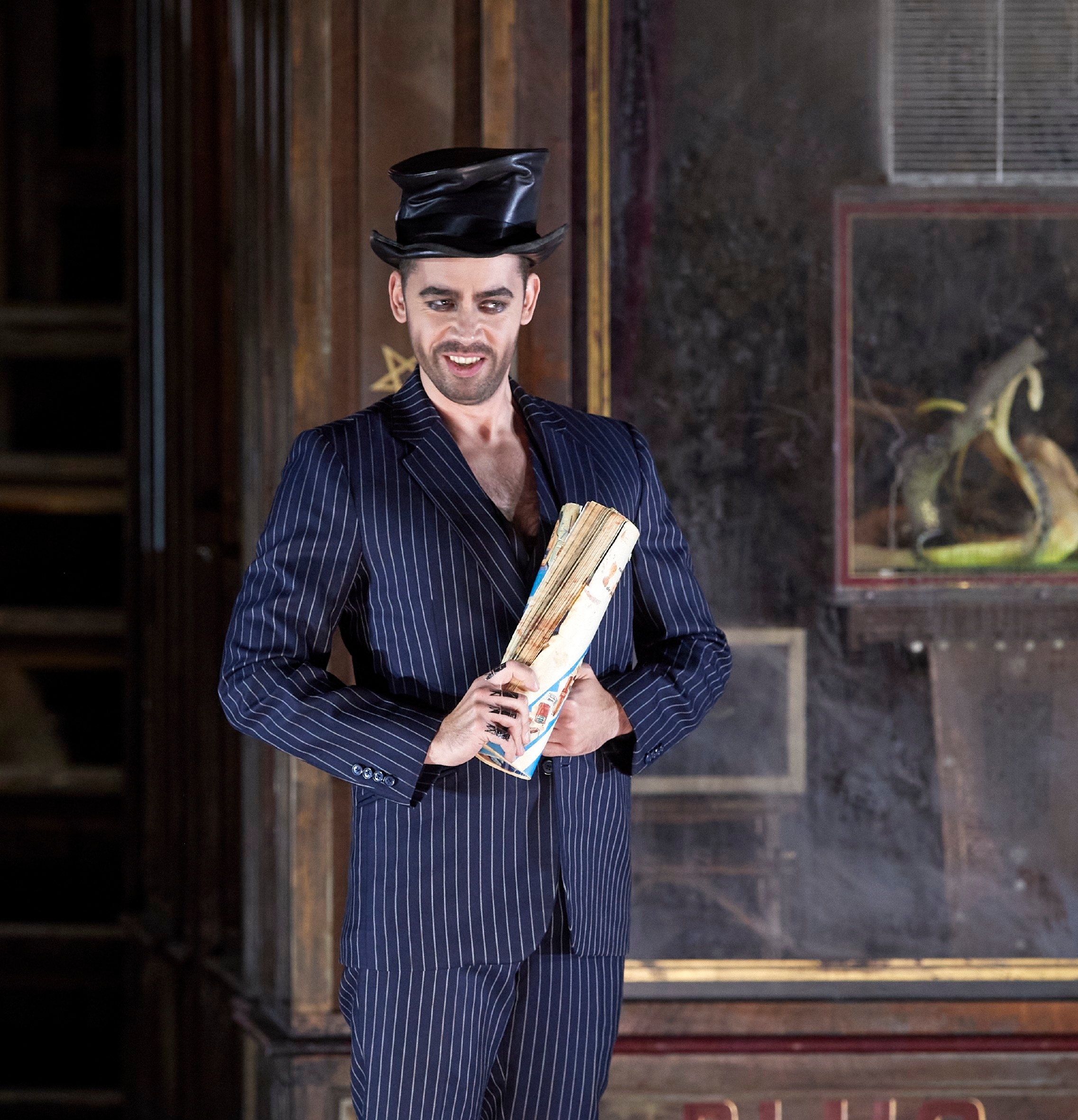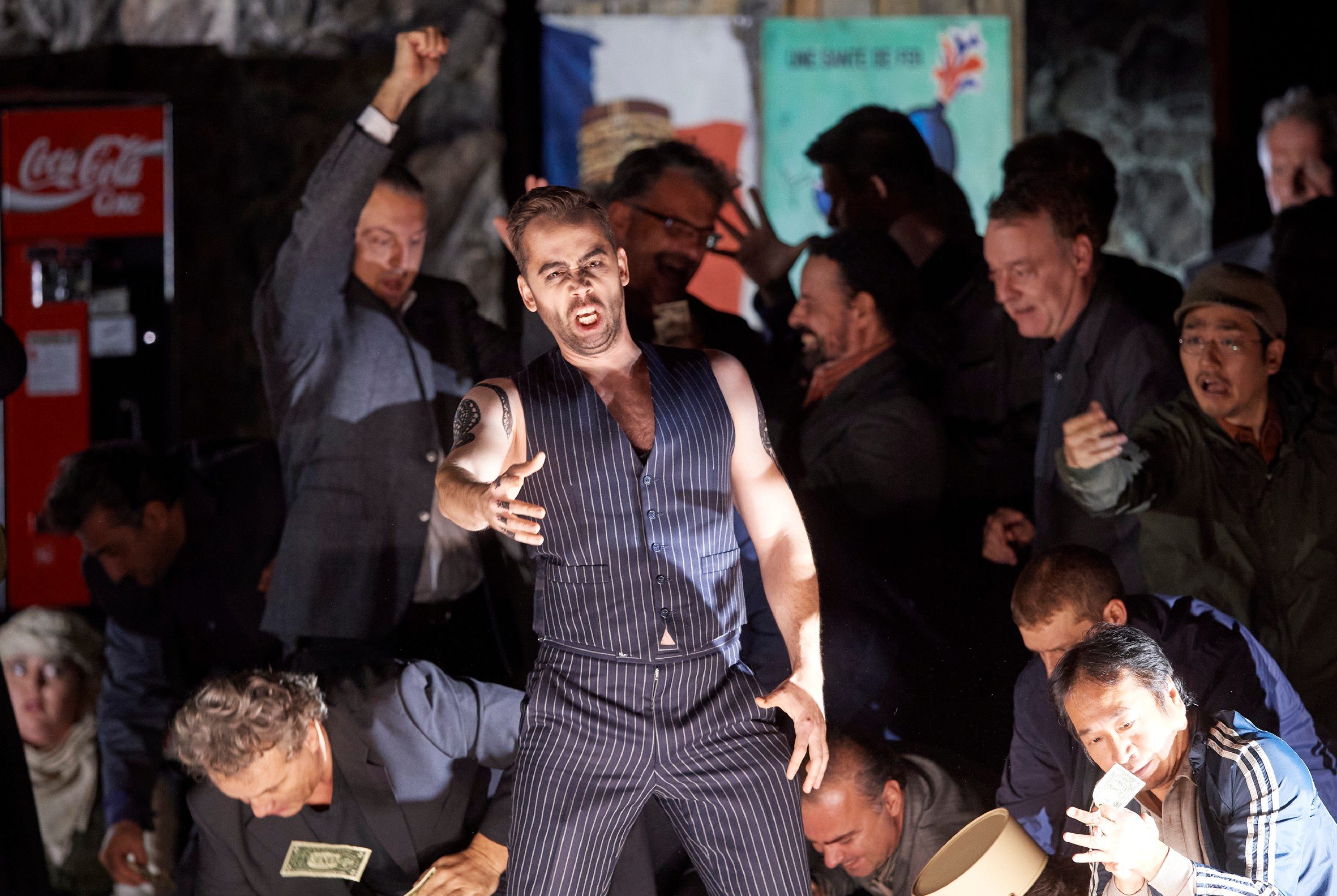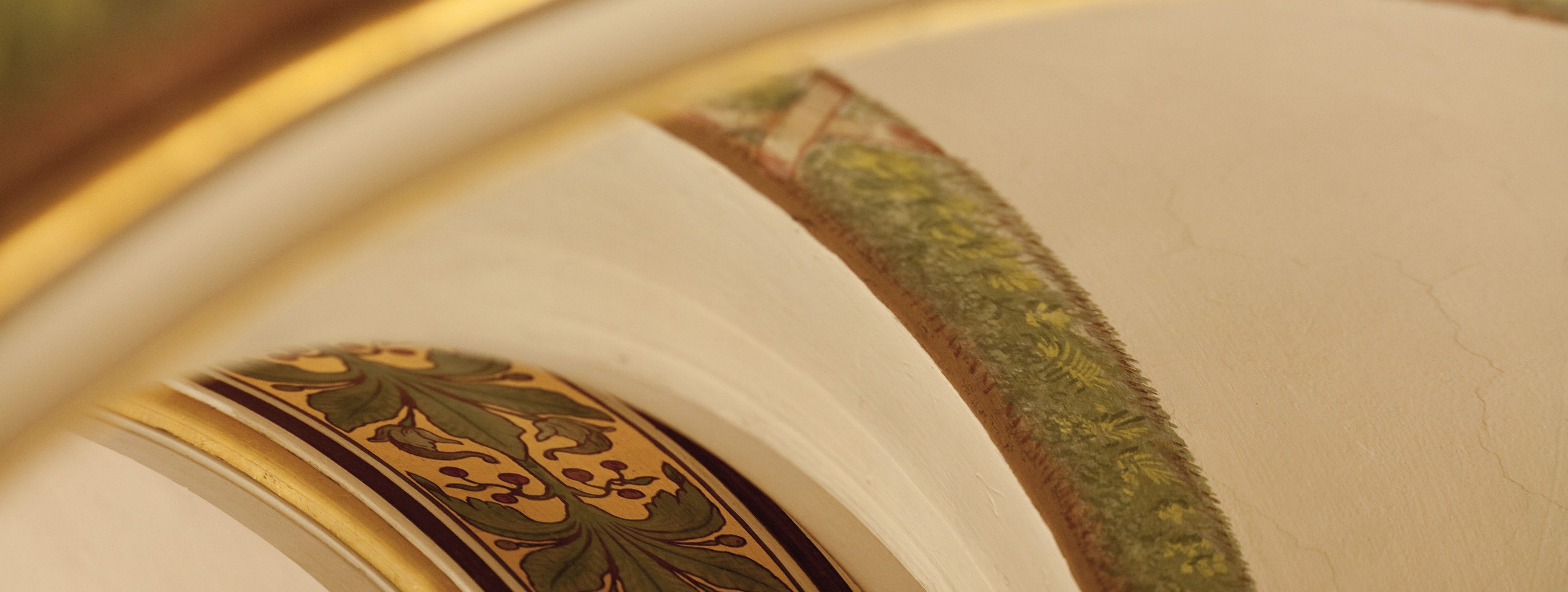Short Summary
Old Faust is tormented less by the question of "what holds the world together at its core" than by his longing for love and youth.
Méphistophélès, less an intellectual "principle of negation" than a devilishly attractive magician, draws his attention to Marguerite - and Faust is delighted. A deal is quickly struck: the devil serves Faust on earth, and after Faust's death it is to be the other way around. Marguerite is also not unimpressed by what Méphistophélès has to offer: material luxury and sensual pleasure, often musically illustrated by Gounod with a waltz. But the relationship between Faust and Marguerite remains an episode, as Faust is drawn to new attractions, while Marguerite remains pregnant, only to see her unfaithful lover kill her brother.
Faust
Storyline
Lonely, exhausted and embittered, old Faust tries to take his own life.
Enraged by his own fear of death, he summons the devil. Méphistophélès appears and offers him wealth and fame, but Faust wants his youth back, "the treasure that contains everything". In return, Méphistophélès demands eternal servitude "down there". When Faust hesitates, Méphistophélès draws his attention to Marguerite. Fascinated by her, Faust agrees to the pact and becomes a young man again.
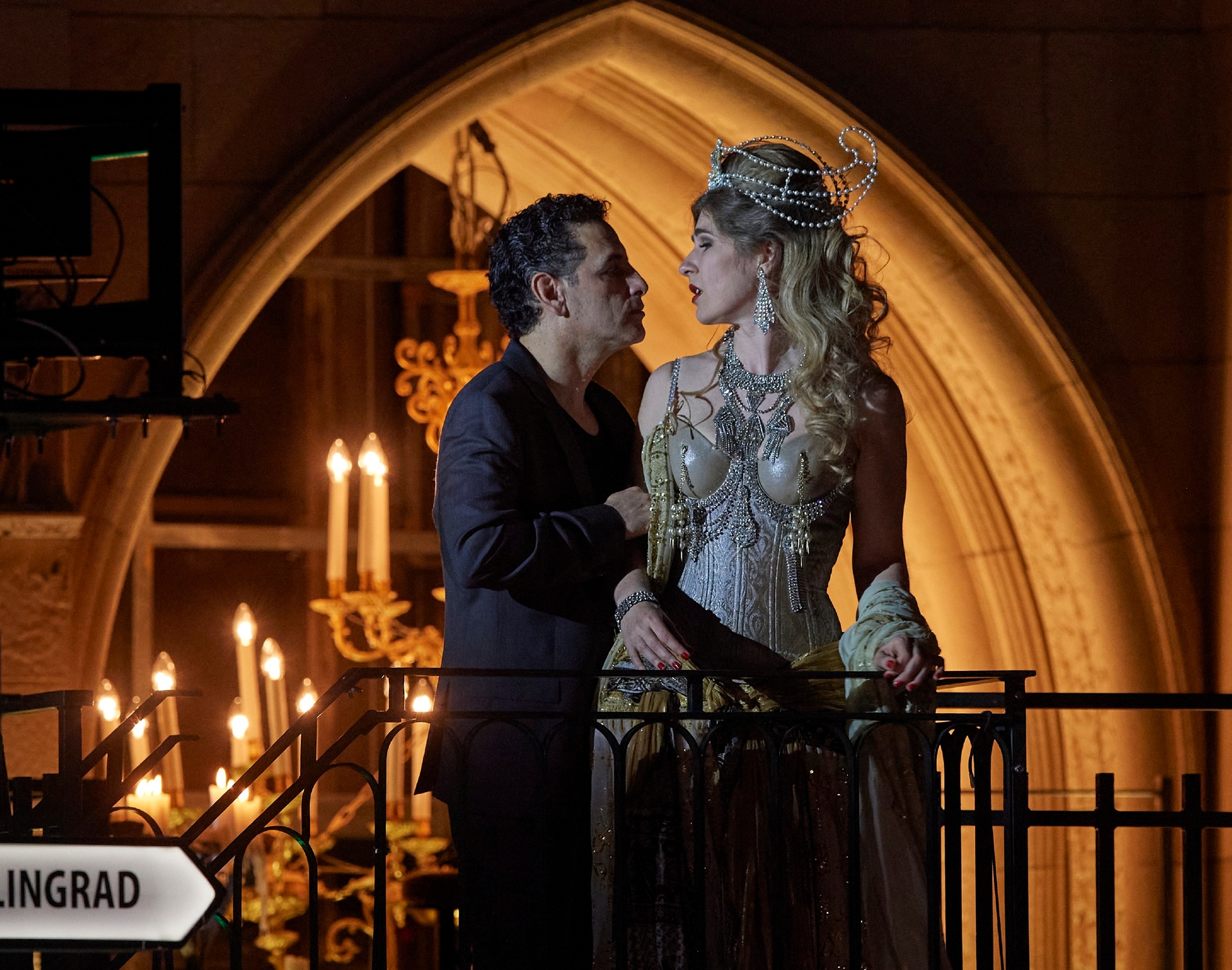
In a group of celebrating soldiers, Valentin prays for his sister Marguerite and hopes that her medallion will bring him luck in the upcoming battle. When Wagner begins a cheerful song, Méphistophélès joins the group. In the Song of the Golden Calf, he sings about the power of money. Without being asked, he predicts Wagner's death in battle. He also predicts misfortune for Valentin and Siébel, who is in love with Marguerite.
Faust meets Marguerite and speaks to her. The fact that she leaves him increases his interest.
Siébel picks flowers for Marguerite and plans to finally confess his love for her.
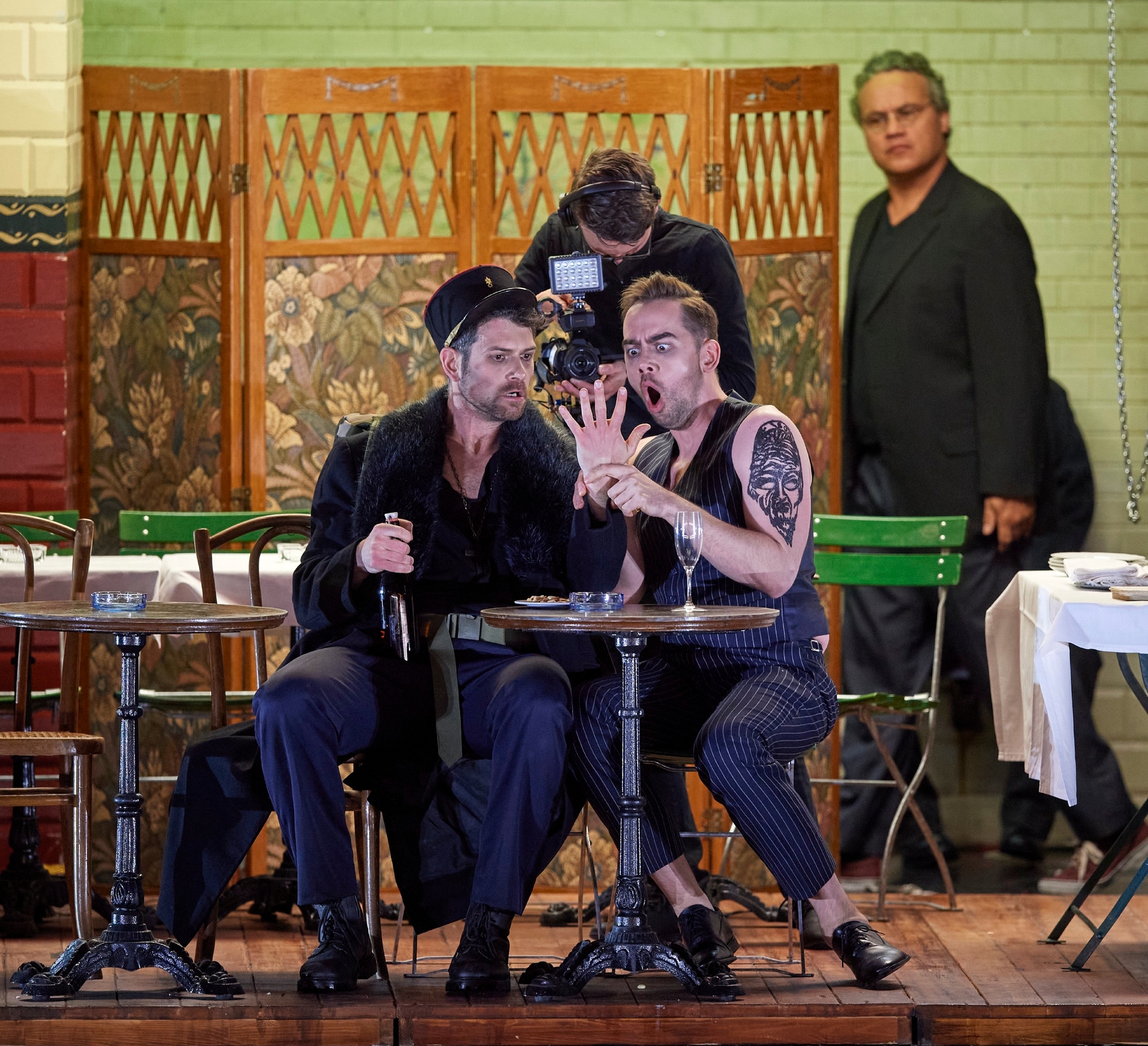
Méphistophélès leads Faust outside Marguerite's house and goes to get valuable presents for Marguerite. Faust has doubts as to whether he should continue his efforts, but Méphistophélès deposits the gifts and hides with Faust.
Against her will, Marguerite is impressed by the man who has approached her. When she finds the presents, she is delighted. Her neighbor Marthe encourages her to accept the jewelry.
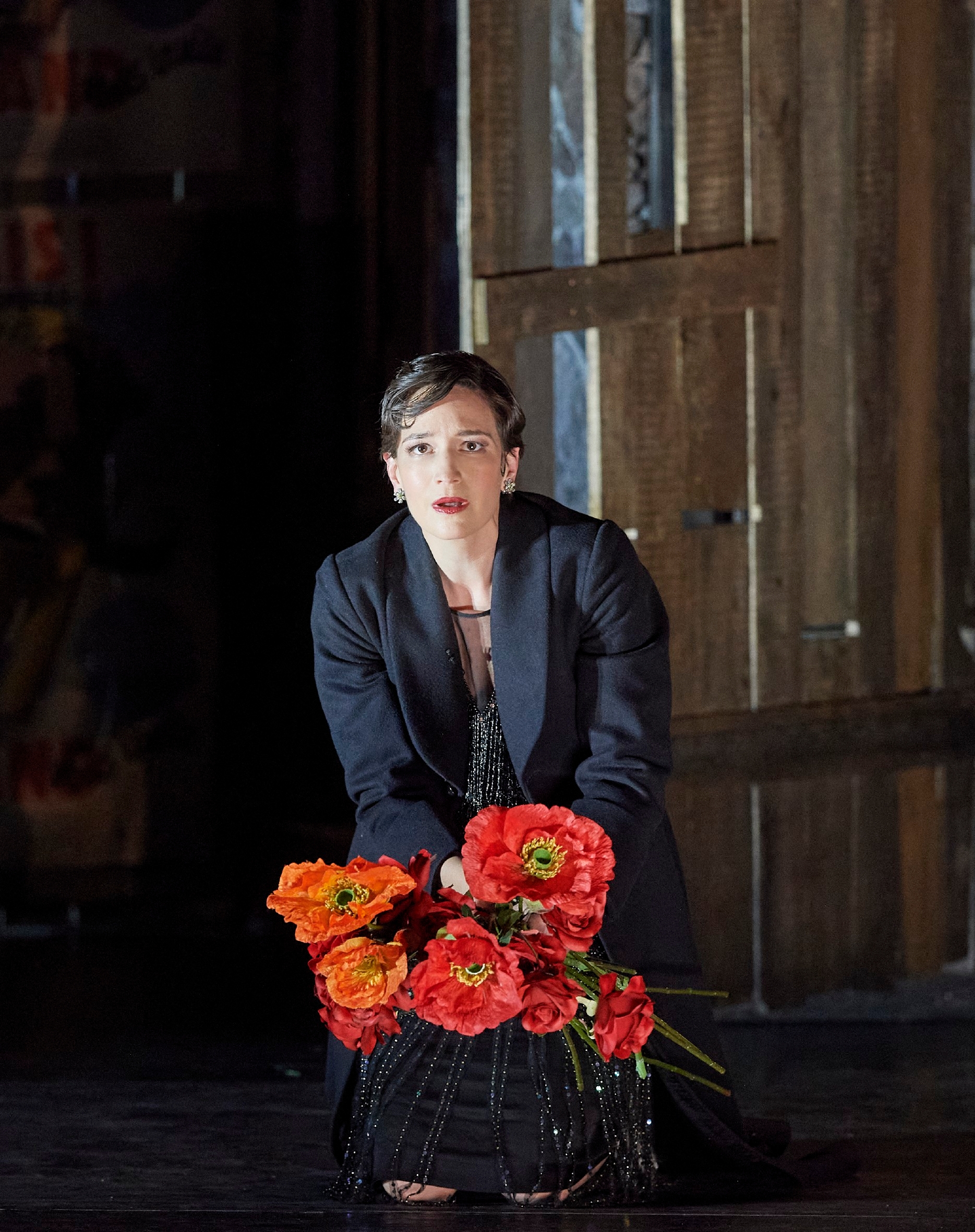
Faust and Méphistophélès engage the women in conversation. While Marthe and Méphistophélès soon part again, Faust and Marguerite grow closer. Faust's confession of love delights Marguerite, but she refuses his request to stay with her for the night. But when Faust leaves, she calls him back full of love.
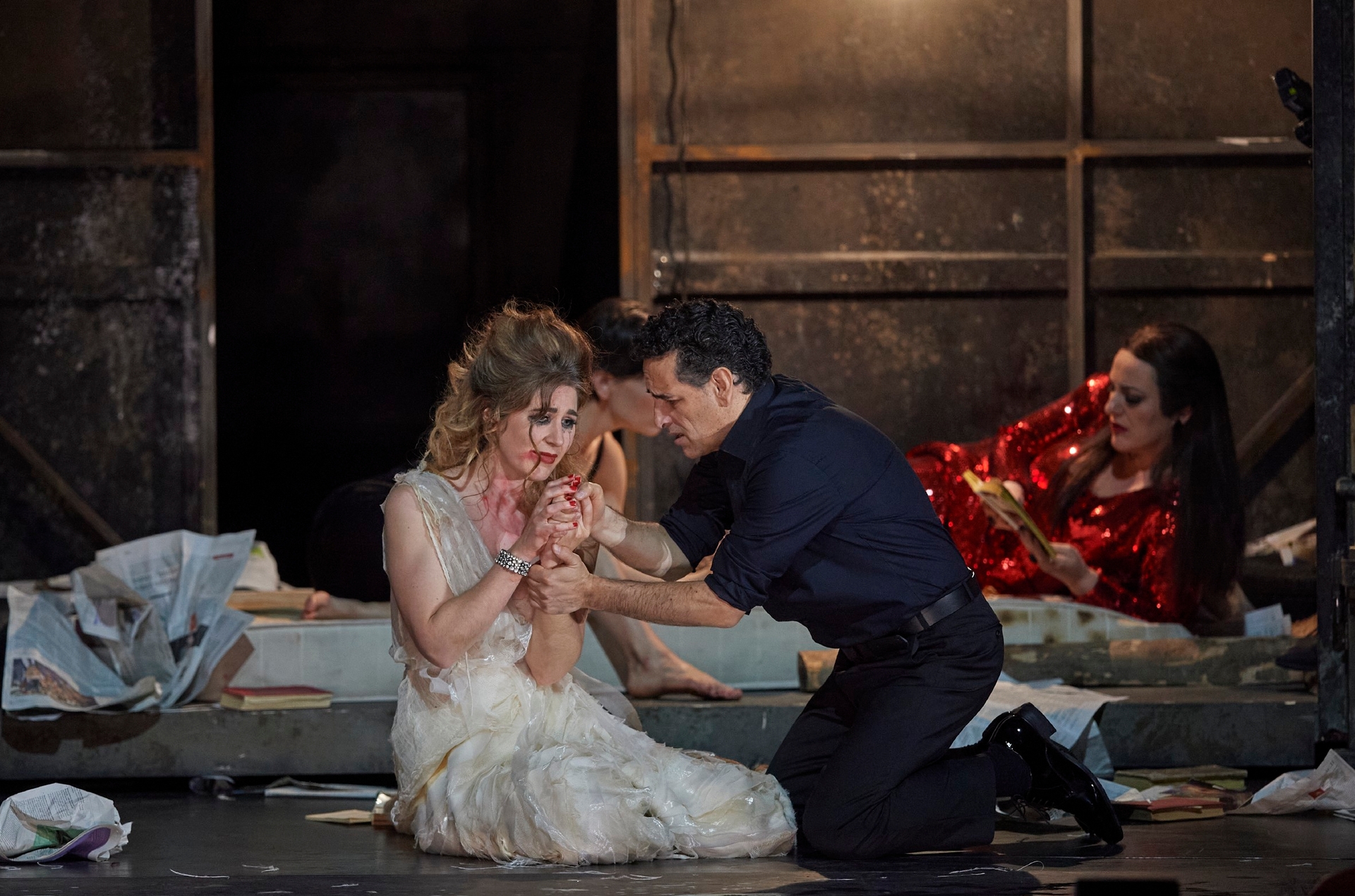
Faust has left the pregnant Marguerite. Ostracized and mocked, she longs for him.
Siébel comforts Marguerite and wants to stand by her side as a friend from now on. The soldiers return victorious; Wagner has died in the war. Siébel answers Valentin's questions about Marguerite evasively.
Faust wants to see Marguerite again and at the same time fears the reunion. Méphistophélès provokes Valentin with a serenade to Marguerite in which he alludes to her pregnancy. Outraged, Valentin throws away the medallion Marguerite has given him. He challenges Faust to a duel and is stabbed to death. In front of the citizens who have rushed to the scene, the dying Valentin curses his sister even in the event that God will forgive her.
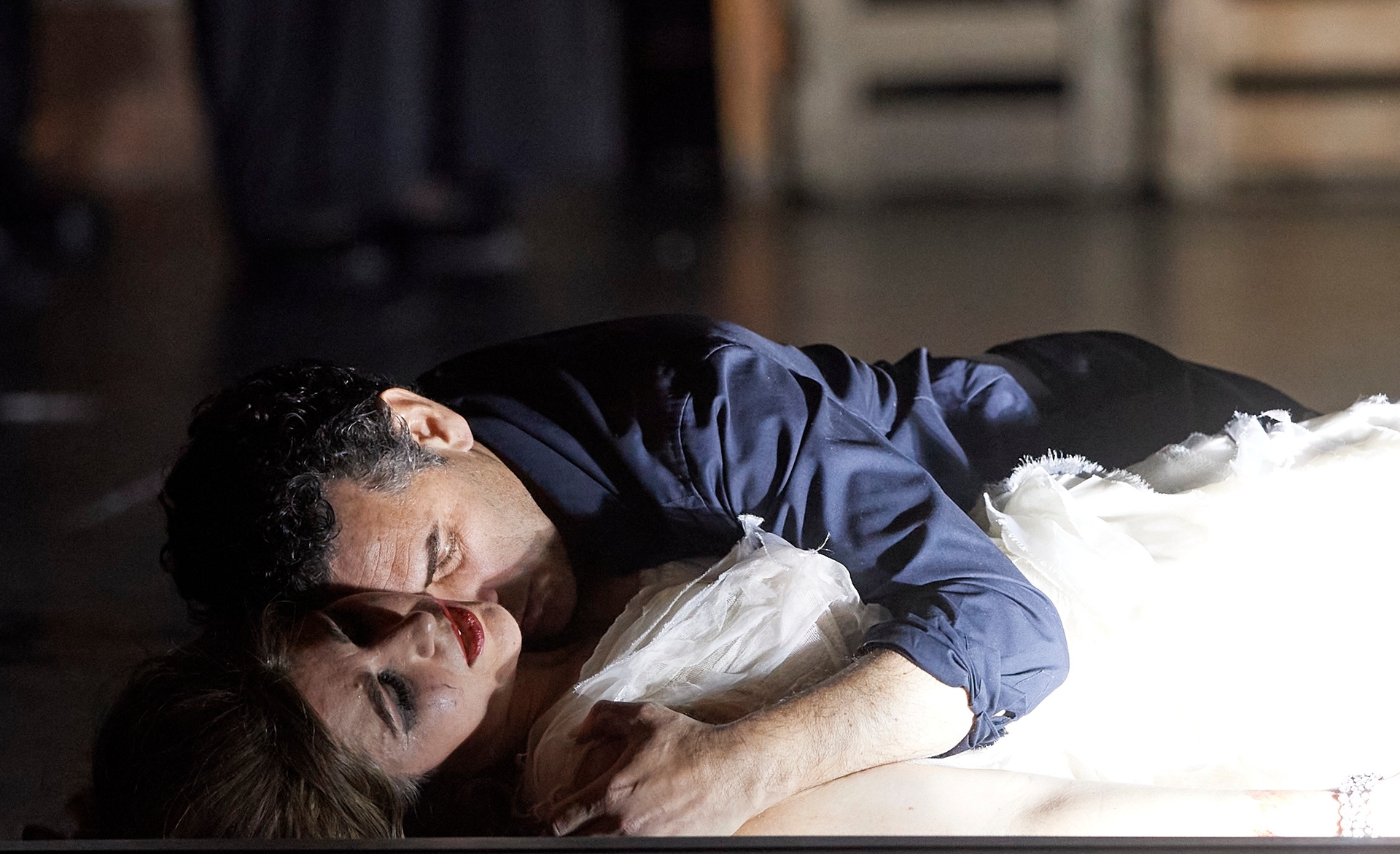
Marguerite asks God for forgiveness, but only receives an answer from Méphistophélès, who reinforces her feelings of guilt. A church choir sings of the Day of Judgment.
Faust and Méphistophélès are out among will-o'-the-wisps and witches on Walpurgis Night. While Méphistophélès is clearly feeling well, Faust cannot distract himself from his longing for Marguerite even with a drinking song.
Faust allows Méphistophélès to lead him to Marguerite, who has killed their child, in the dungeon. They remember the beginning of their relationship. Both assure each other of their love, but Marguerite refuses to follow Faust.
Voices from on high remind them of the resurrection of Christ.
Frank Castorf unfolds a multi-layered story in his production: the Paris of the time of the premiere meets the Paris of around 1960, in which conflicts culminated that had their starting point in Gounod's highly capitalist and colonialist era and at the same time led to the crises of our European present: In Aleksandar Denić's set design, it is only a few steps from Notre Dame to the "Stalingrad" metro station. The opulent costumes by Adriana Braga Peretzki make reference to different times, milieus and cultures. The philosophical "spirit that always negates" may no longer appear in the opera itself, but it has had an all the more powerful effect in the staging process: "I am in favour of irritation, the Mephistophelean principle of negation, without saying for whom, why and why," Castorf once confessed in an interview.
The tenor aria "Salut, demeure chaste et pure" ("Greetings to me, chaste and pure dwelling") is exemplary of Charles Gounod's treatment of Johann Wolfgang von Goethe's tragedy: on the one hand, the text is based almost literally on the original, while on the other, the music adds so much languorous emotion that some guardians of the German culture of sensual refinement found it too much. While Faust sings of the "innocent and divine soul" of the absent Marguerite, the solo violin nestles up to his melody like a duet partner. "The melody is delightful", even the Gounod skeptic Hector Berlioz found in his first performance review: "People applauded, but not enough, the aria deserved a hundredfold applause."
Gounod's Mephistophelean principle of seduction to sensuality was also effective in the transmission of this opera: around a third of the planned text had already been cut before the premiere. Numbers that had already been composed and then discarded were lost or ended up in attics along winding paths, only to be rediscovered over 100 years later. In the meantime, the international opera business created its own body of work, a process in which sensual melodies and sonorous choruses prevailed over any intellectual doubt. Gounod presents himself as an experienced church musician in the scene in the cathedral, which musically anticipates the opera's optimistic ending: Marguerite, who risked and lost everything for her love, is saved from eternal damnation.
